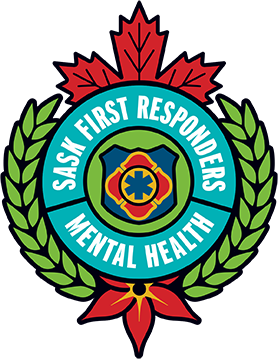Help for me
Being on the front line, going out on tough calls, dealing with difficult, life-and-death situations—all of it can take a toll on first responders. Little wonder why mental health challenges are more common among our profession than many people realize.
The first step to getting the care you need is understanding what you’re going through. Start by clicking the button below to better assess yourself on this Mental Health Continuum.*
 START HERE:
START HERE:

Mental health continuum
The mental health continuum illustrates the different mental health phases you may experience throughout your life and career. It also describes the physical and mental effects associated with each phase and suggests actions and resources that may help. The continuum includes the following phases:
- Healthy and adaptive coping (green)
- Mild and reversible distress (yellow)
- More severe and persistent functioning impairment (orange)
- Clinical illnesses and disorders requiring concentrated medical care (red)
It’s important to remember that you can move in either direction along the spectrum, which means there is always the possibility to return to full health and functioning.
| Healthy | Reacting | Injured | Ill |
|---|---|---|---|
|
|
|
|
| Actions to take at each phase of the continuum | |||
|
|
|
|
| Quick resources to help you | |||
Self-assessment
Sometimes it’s helpful to take a personal mental health check, to see how you’re managing with the stress and pressure of work (and life!).
Self-care
The best way to protect yourself against mental challenges is to prevent them from happening in the first place. Explore some of the first responder tools and resources available to help you protect your mental health, including self-care education apps and critical incident response strategies.
Treatment & claims
Sometimes you may need to see a mental health practitioner, or perhaps you have a mental health disorder related to your employment. Don’t hesitate to get access to help.
 Resources
Resources
See all
These resources will give you a better understanding of mental health in the context of the experiences and pressures of first responders, as well as the broader population.
The use of this website does not constitute the provision of medical advice. If you require medical or psychological assistance, kindly seek the assistance of a medical professional, mental health care professional, visit the closest hospital emergency department or call 911.
The use of this site indicates acknowledgment and acceptance of the terms of this disclaimer.
